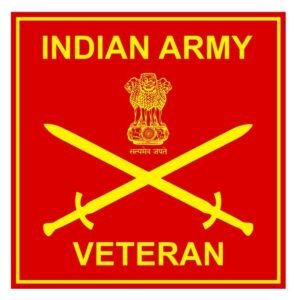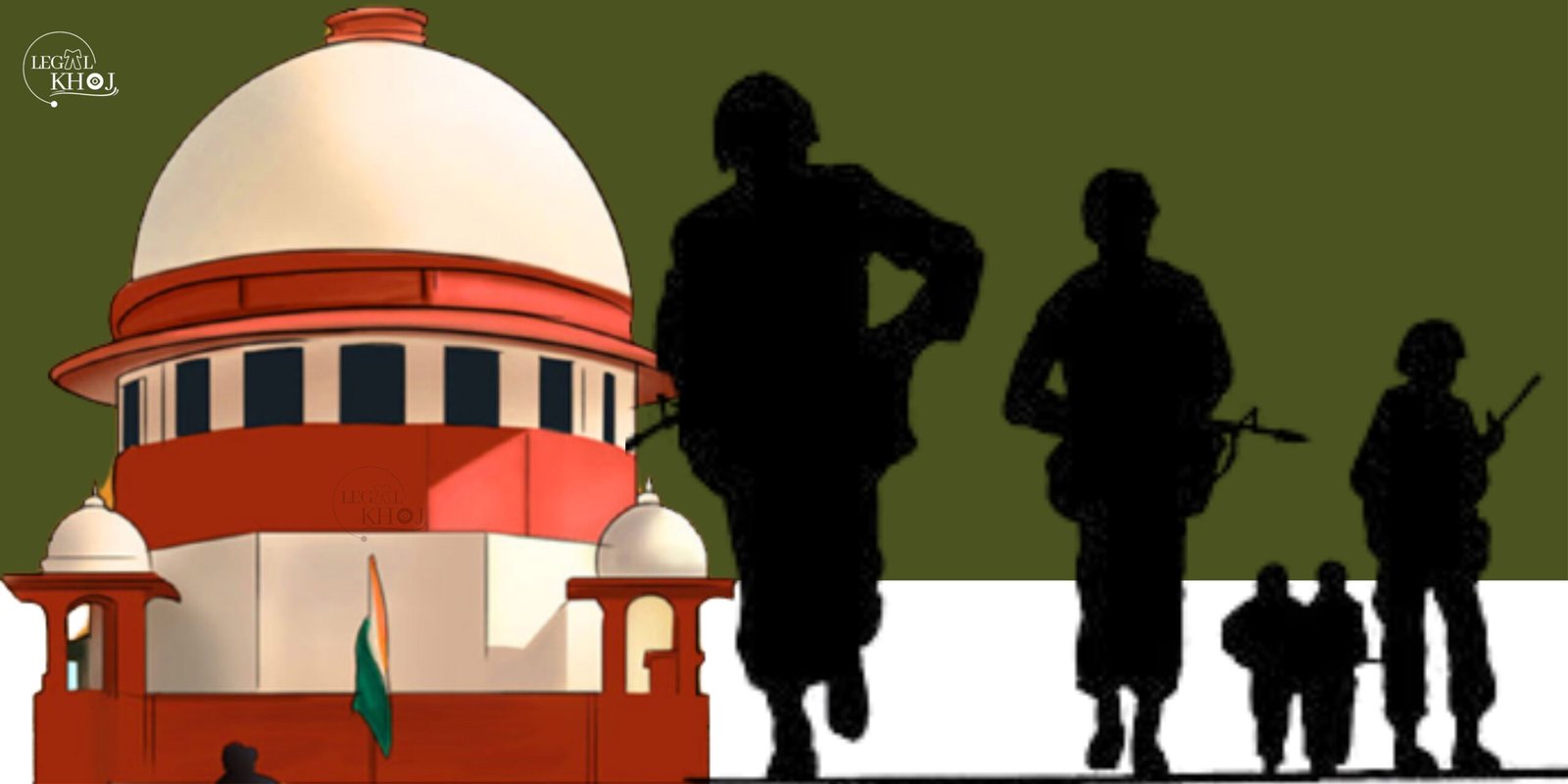Supreme Court Rejects Army Veterans’ Plea for Ex-Servicemen Status
The Supreme Court has ruled against a plea made by serving Armed Forces officers seeking ex-servicemen status from a future date. This decision came in response to the case of three appellants who applied for appointments as Village Development Officers in the Uttar Pradesh State Service, while still serving in the Armed Forces. They had applied under the category of Ex-Servicemen as advertised by the UP Subordinate Services Selection Commission in 2016. However, their appointments were later declared null and void due to their status at the time of application and their qualifications, leading the appellants to seek redress from the Supreme Court.
Background
The appellants, while serving in the Armed Forces, applied for the aforementioned positions in 2016, even though they were not released from the Armed Forces until 2016, a few months after the application deadline of February 10, 2016. Despite being issued appointment letters in 2019, their appointments were subsequently revoked by the UP Subordinate Services Selection Commission for two primary reasons: first, they were not considered ex-servicemen at the time of application, and second, they did not possess the requisite qualifications for the positions. After the Allahabad High Court declined to intervene in the Commission’s decision, the appellants turned to the Supreme Court for resolution.
Supreme Court’s Decision

A bench comprising Justice Vikram Nath and Justice Ahsanuddin Amanullah dismissed the appellants’ appeal, emphasizing the well-established legal principle that eligibility should be determined based on the cutoff date. The Supreme Court concluded that at the time of the advertisement, none of the appellants could be classified as ex-servicemen since they were still in active service.
Furthermore, the Supreme Court scrutinized the pertinent regulations and clarifications connected to the advertisement but identified no provisions that would allow the appellants to be retrospectively designated as ex-servicemen, even though they were actively serving at the time of the advertisement.
Also Read –“Supreme Court Upholds the Integrity of Legal Plaints in Recent Ruling”
Arguments
The appellants’ counsel argued that they were actually released from the Armed Forces in May 2019 when the appointment letters were issued. On the other hand, the State contended that the appellants’ request for consideration as ex-servicemen upon their appointment contradicted the clear language of the advertisement, which specified that only ex-servicemen were eligible to apply.
Furthermore, the State argued that the appellants could not have pursued civilian employment unless they were officially released, superannuated, or retired, a decision determined by their employer. Simply having an indication of a prospective date on the certificate did not automatically classify them as ex-servicemen.
Court’s Observations
The Supreme Court referred to the case of Rakesh Kumar Sharma v State (NCT of Delhi), (2013) 11 SCC 58, and noted that interpreting the relevant rules in any other way would be unfair to numerous individuals who, like the appellants, were not ex-servicemen at the time of the advertisement but later qualified for the status. The Supreme Court also highlighted that circumstances could arise between the date of the certificate indicating the prospective relieving date and the actual date of release, which might prevent an individual from being relieved from service as initially anticipated.
In addition to the Rakesh Kumar case, the Supreme Court cited several other judgments on the same issue, including the decision in State of Bihar v Madhu Kant Ranjan, 2021 SC 1262, which emphasized that candidates must meet all eligibility criteria specified in the advertisement by the cutoff date, unless the recruiting authority extends the deadline.
In conclusion, the Supreme Court dismissed the appeal while stipulating that any payments made to the appellants for the period they worked as Village Development Officers would not be subject to recovery.









Leave a Reply